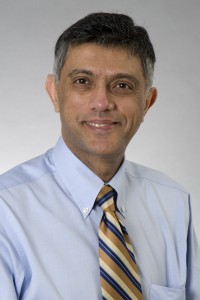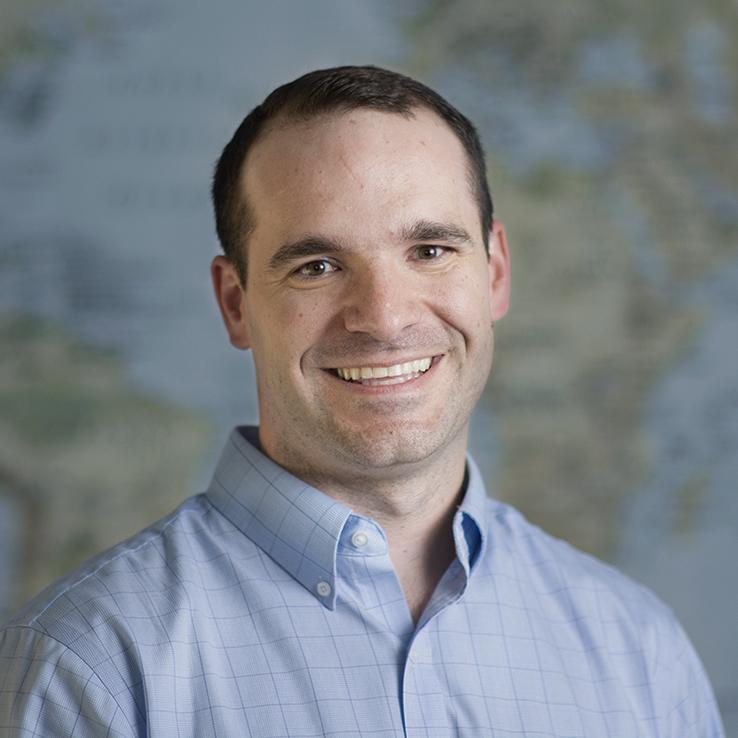People
 Andy Stergachis, PhD, MS, BPHARM – Director
Andy Stergachis, PhD, MS, BPHARM – Director
Andy Stergachis is Professor of Pharmacy and Global Health and Adjunct Professor of Health Services and Epidemiology, Associate Dean, School of Pharmacy, and Director of the Global Medicines Program, University of Washington. He is an author of over 160 peer-reviewed publications in areas such as drug safety, pharmaceutical outcomes, and clinical epidemiology and served as Editor-in-Chief of the Journal of the American Pharmacists Association. He is an elected member of the National Academies of Medicine. He served on the Drug Safety and Risk Management Advisory Committee for the US FDA, Malaria in Pregnancy Consortium Safety Working Group, the Advisory Group to Global Alert and Response for the WHO, the Access and Product Management Advisory Committee for Medicines for Malaria Venture, and the Bill & Melinda Gates Foundation Safety Surveillance Working Group. He is Chair of the Expert Panel to Review Surveillance and Screening Technologies for the Quality Assurance of Medicines for United States Pharmacopeia, He is a Fellow of the International Society for Pharmacoepidemiology and a Fellow of the American Pharmacists Association. Since 2010, He has chaired 7 PhD student doctoral dissertation committees (Epidemiology and Pharmacy), mentored postdoctoral trainees, served on numerous graduate student PhD dissertation and MPH thesis committees, and served as advisor to multiple graduate students.
Dr. Stergachis’ research focus is pharmacoepidemiology, global medicines safety, pharmaceutical outcomes research, and public health systems research. He directed a pharmacovigilance pregnancy registry study on the safety of first trimester antimalarials conducted in three sub-Saharan African countries and has developed novel approaches for HIV pharmacovigilance and strengthening pharmacy services in LMICs. He is currently PI of the University of Washington component of a pharmacovigilance project funded by the Bill & Melinda Gates Foundation. He is the PI of the UW component of a USAID-funded cooperative agreement with Management Sciences for Health on the Medicines, Technologies, and Pharmaceutical Services (MTaPS) Program. He is a co-investigator on a project with the Institute for Health Metrics and Evaluation (IHME) on mapping and monitoring the global burden of antimicrobial resistance. Through his affiliation with the Northwest Center for Public Health Practice, he also works on workforce development and research in emergency preparedness with the public health community.
Education
PhD, Pharmacy, University of Minnesota
MS, Pharmacy, University of Minnesota
BPHARM, Pharmacy, Washington State University
Dr. Lou Garrison is a Professor in the Pharmaceutical Outcomes Research & Policy Program in the Department of Pharmacy and Adjunct Professor in the Departments of Global Health and Health Services at the University of Washington, where he joined the faculty in 2004. Dr. Garrison is currently coordinating the Health Economics Track of the University of Nairobi Institute of Tropical and Infectious Disease (UNITID) Fellowship Program in Public Health Management, a collaboration with UW, sponsored by PEPFAR. He is also co-investigator of a WHO-sponsored study of the potential cost-effectiveness of measles eradication. And previously he was principal investigator on a grant to UW from the Bill & Melinda Gates Foundation to support an economic evaluation of potential innovations in measles vaccination in low-income settings. Dr. Garrison has lectured on health technology assessment and pharmacoeconomics to public and private payers in China, Namibia, Brazil, Argentina, Colombia, Taiwan, South Africa, Poland, and Jamaica. His research interests include national and international health policy issues related to pharmacogenomics/personalized medicine, regulatory benefit-risk analysis, insurance, pricing, reimbursement, and risk-sharing agreements, as well as the economic evaluation of pharmaceuticals, diagnostics, devices, surgical procedures, and vaccines, particularly as related to organ transplantation, renal disease, influenza, measles, and cancer.
Education
PhD, Economics, Stanford University
BA, Economics, Indiana University
 Don Downing – Clinical Professor Emeritus
Don Downing – Clinical Professor Emeritus
Don spent the first half of his career starting up and operating tribal health clinic pharmacies and community pharmacies specializing in the management of diabetic, ostomy and geriatric populations. He continues to assist in tribal health issues for a number of NW tribes as well as advocating for and implementing innovative solutions for other underserved populations. He is a Clinical Professor at the University of Washington School of Pharmacy in Seattle and Endowed Chair of the Institute for Innovative Pharmacy Practice. His work with tribes in the United States has led to his involvement with a number of novel pharmacy projects in Central & South America, Micronesia/Marshall Islands, Ethiopia, Italy and Japan. Don is a national pharmacy leader in the area of access to reproductive health services through the use of pharmacists.
Education
B.S. Pharmacy, University of Washington School of Pharmacy
Jeff Lane, JD, MPH, is an Assistant Professor with the University of Washington (UW) Department of Global Health and an affiliated faculty member with UW’s International Training and Education Center for Health (I-TECH) and the UW Global Medicines Program. Prior to joining UW, Jeff practiced health care regulatory law for a law firm in Seattle, Washington where he was a partner in the firm’s health care practice group. During his career, Jeff has worked to strengthen health policy and regulatory environments in the United States and more than a dozen countries around the world, including Botswana, Cambodia, India, Jamaica, Kenya, Mozambique, South Africa, Tanzania, Trinidad & Tobago, Uganda, and Ukraine. Jeff’s research interests focus on how law and policy impact public health around the world, with a focus on access to essential medicines. Some of his recent projects include developing guidance for national medicine regulatory authorities on emergency use authorizations for vaccines and therapeutic medicines, assessing the availability and affordability of medicines in the WHO Africa region, evaluating the implementation of pharmacist-initiated HIV PrEP laws in the U.S., and strengthening advanced HIV disease services in Mozambique. Jeff teaches a graduate level course every spring titled Policy Development and Advocacy for Global Health (GH523).
Education
JD, MPH, University of Washington
 Peggy Odegard, BS, PharmD, FASCP, CDE – Professor and Chair of Pharmacy
Peggy Odegard, BS, PharmD, FASCP, CDE – Professor and Chair of Pharmacy
Dr. Odegard’s research and teaching is concerned with the role of pharmacists in caring for patients. Specifically, her work focuses on the care of older adults, those with diabetes, and medication safety. Interprofessional education has also been a long-term focus in Dr. Odegard’s research and practice. She has extensive experience as a clinical pharmacist on interprofessional care teams in general internal medicine, diabetes, and geriatrics in both the hospital and communityand in in designing and implementing pharmaceutical services and care programs. Dr. Odegard has been collaborating on the development of an interprofessionally applicable web-based error communication curriculum and is conducting a study evaluating the effects of community pharmacists in providing diabetes care and education to those with diabetes. Dr. Odegard participated in a pharmaceutical care training program in Ethiopia as part of the USAID-funded Strengthening Pharmaceutical Systems program.
Education
BS, PharmD, University of Washington
 Shabir Somani, RPh, MS, MBA– Clinical Professor and Chief Pharmacy Officer
Shabir Somani, RPh, MS, MBA– Clinical Professor and Chief Pharmacy Officer
Shabir Somani is currently the Chief Pharmacy Officer of University of Washington Medicine Health System in Seattle, Washington. He provides leadership and direction for pharmaceutical care for the health system. His academic experience includes Assistant Dean and Clinical Professor in the School of Pharmacy at the University of Washington. Shabir has mentored and guided many students from around the world in their graduate pharmacy work. He is very familiar with the health system in Kenya, having grown up there. Professor Somani is a member of the American Society of Health-System Pharmacists, American Association of Colleges of Pharmacy and the American College of Clinical Pharmacists. He earned his BS in pharmacy from the University of Wisconsin and his MS and MBA from the University of Minnesota. He completed two years of residency.
Education
BS Pharmacy, University of Wisconsin
MS, MBA, University of Minnesota

